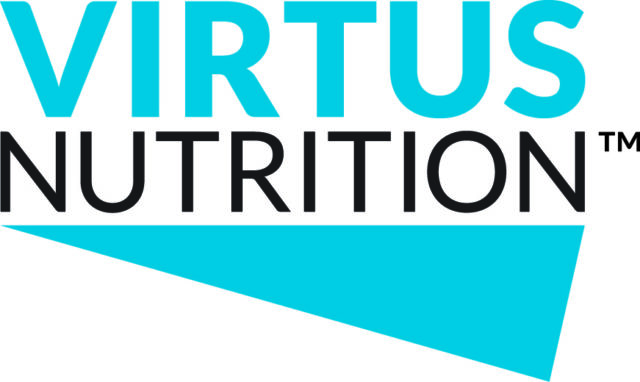Consumer interest in milk that is easier to digest is growing as the a2 Milk Company paves the way by offering a fluid option free of the A1 protein.
Blake Waltrip, CEO of the Australian-based brand, eagerly shares with Progressive Dairyman how this niche-market milk has the potential to please both the people who drink milk and those who produce it.
“This is an opportunity to bring people back to dairy, one of the fundamentally most nutritious beverages,” he says. “That’s why we are here, to build a milk proposition that is real milk.”
Cartons of a2 milk first debuted in a few U.S. grocery store dairy cases in 2015. The West Coast launch was followed by a push throughout the Northeast, and now the brand can be found in select retailers throughout the country. Marketing efforts are geared to those who may experience discomfort after consuming traditional dairy and are self-diagnosed as lactose intolerant, though many may mistakenly be intolerant to the A1 beta casein protein.
Waltrip believes milk from cows certified with the A2A2 gene could be the answer to recapturing the hearts – and stomachs – of these consumers, and it could even play a part in increasing the historically declining fluid milk demand in the U.S.
Take it from our friends down under. According to Waltrip, Australia is one of the only markets in the world where dairy consumption is increasing. In fact, in just 10 years’ time, the a2 brand has secured one-tenth of all milk sales in that country.
No doubt, more consumers reaching for a glass of milk is a benefit to dairy farmers. Right now, Waltrip says five family-owned dairies nationwide are supplying the certified A2A2 milk for the company. On these operations, a portion of the herd has been genetically tested to be free of the gene for A1 protein.
That group of cows is segregated and milked separately after the lines have been thoroughly cleaned. The company’s proprietary methods for testing both cows and milk to ensure no A1 protein is present.
“If you have a pen of cows, milk from one A1-producing cow can spoil the batch. That’s why A2 milk comes with a premium associated with it,” Waltrip explains. “We do pay a premium at the farm gate because we recognize there is more work involved.”
In addition, the dairies shipping milk to a2 must comply with animal welfare standards and participate in auditing.
Strict protocol adherence also applies on the processing side. The a2 Milk Company partners with existing dairy processors to handle the milk, a business model which has proven to be successful for the organization. “a2 on a global basis tends to co-manufacture versus own our own stainless,” he says. They currently work with processors located in each of their target regions: West Coast, Northeast and Midwest.
Looking toward the future, Waltrip foresees continued growth of the market and the need for more “progressive farms that understand the benefits and are willing to put the work in from the standpoint of segregation, quality control and animal welfare.”
“We are expanding our footprint on a national basis in the U.S.,” he says. “As we grow our business, there will be greater demand for A1-free milk to put into the a2 brand.”
Dairy producers can learn more at a2 Love Milk Again.
—Progressive Dairyman Editor Peggy Coffeen





